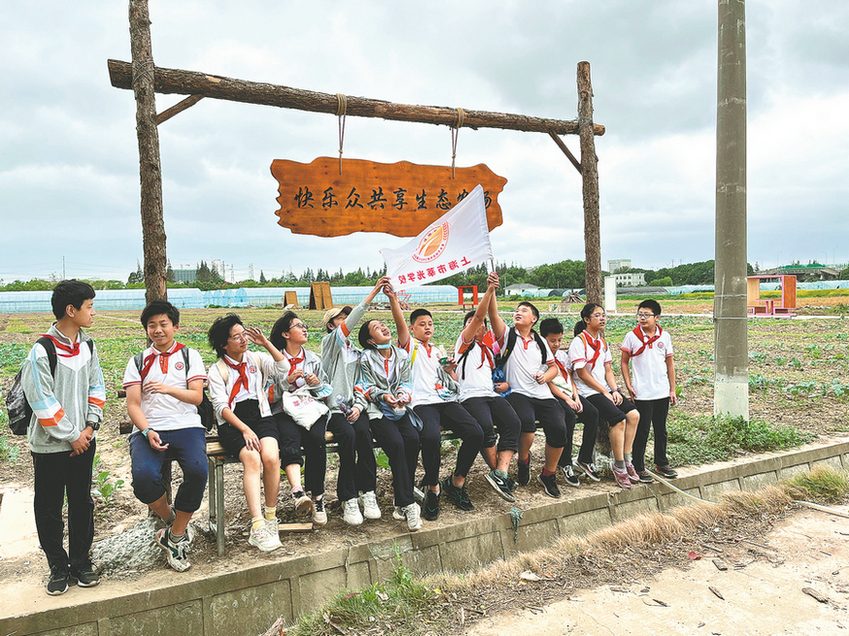A growing trend in urban farming


Business has been relatively brisk. Chen says nearly 80 percent of the shared vegetable gardens have been leased to customers.
To facilitate interactions between customers, Chen has made sure that the farming plots are located near one another.
"This way, farming enthusiasts can share not just their experience with like-minded peers but their crops, too," says Chen.
Another farming community in Minhang was set up by Li Xiaoqing in August. Located in Xujing village, this farm spans about 6.9 hectares, of which 3.33 hectares of farmland is reserved for shared vegetable plots, and the rest is made up of a picking garden for strawberries and seasonal vegetables.
Members work on the sowing, fertilizing and harvesting themselves, but Li provides shovels and other common tools, water and irrigation equipment. Rental rates range from 1,500 to 5,000 yuan per year. The farm currently has more than 100 members.
Confident that the farming trend will only pick up, Chen is now planning to open four more farms in Shanghai this year. The farms, he adds, will be located only about 30 minutes from the city center.
"When I was working at State-owned enterprises, my colleagues, friends and relatives would always discuss food quality and talk about how much they like organic produce. More people are paying attention to their health after the COVID-19 pandemic," says Chen.
"This has in part made farming popular because people can see for themselves where their vegetables come from and be assured of the quality."
Contact the writer at [email protected]
























